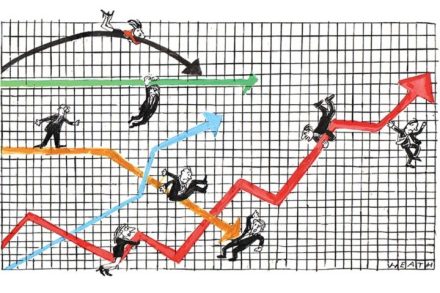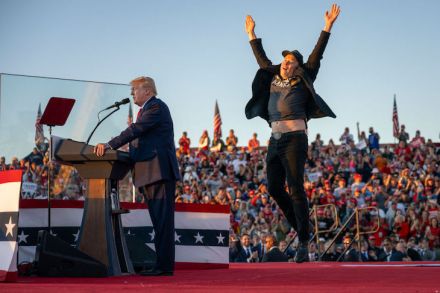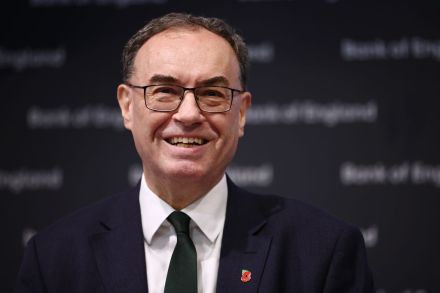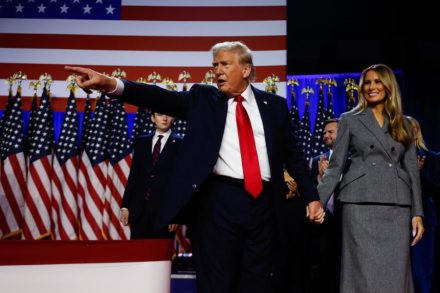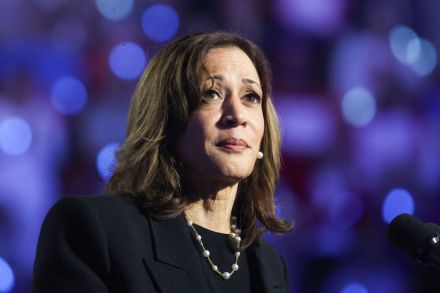GDP has lost its usefulness as a measure of real growth
Paul Samuelson, the famous American economist and author of the bestselling textbook Economics, gave the now quaintly old-fashioned example of the pitfalls in GDP accounting by pointing out that if a man married his maid, GDP would fall. The example was dropped after the third edition. A more relevant example today would be if a middle aged person stops working full-time to look after an elderly relative at home. The GDP economy loses part of the contribution of the middle aged person plus the demand of the elderly person for care in a private care home. Yet in most cases that elderly person is much happier staying in their own
